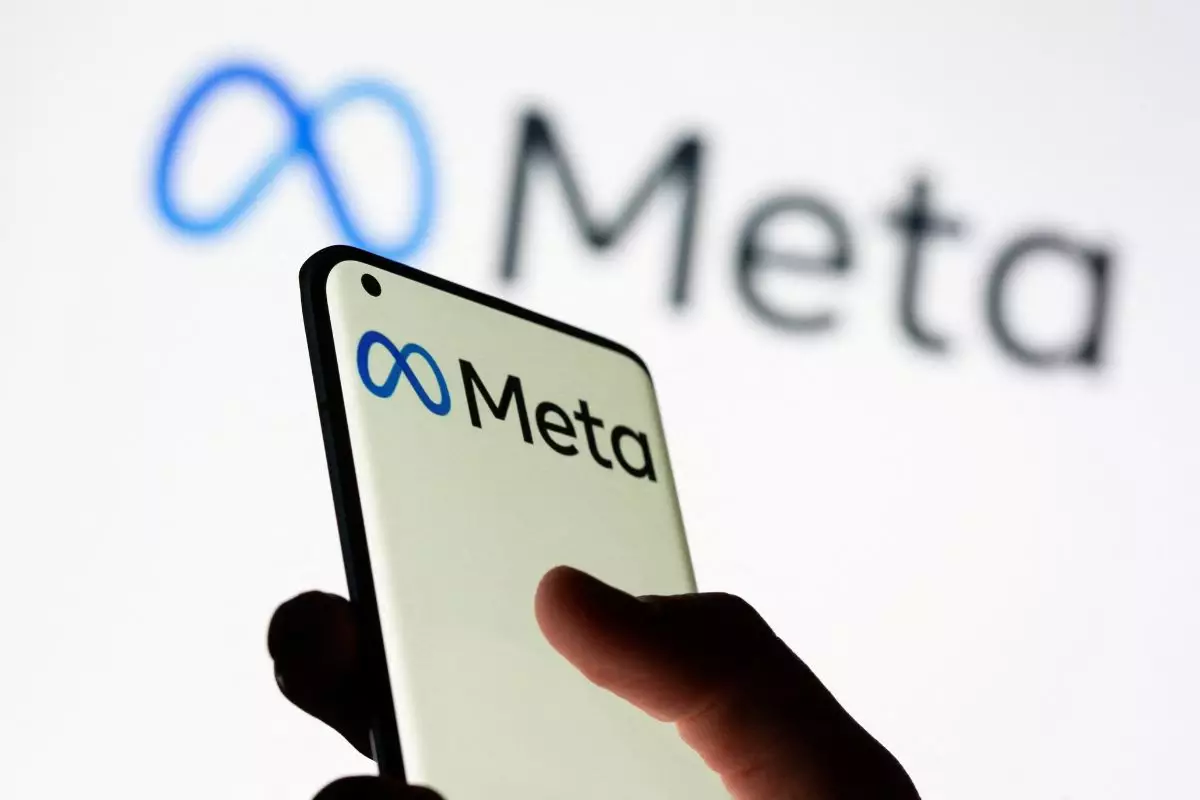In 2018, during a period of intense scrutiny over technology monopolies, Mark Zuckerberg, the CEO of Meta, contemplated an action that would have sent shockwaves through the tech industry: spinning off Instagram into a separate entity. This consideration, unveiled during a trial in Washington, illustrates the palpable anxiety regarding antitrust pressures that major tech firms increasingly face. At a time when the entire landscape of social media was rapidly evolving, Zuckerberg’s memo signaled a moment of reckoning for Meta, as the implications of regulatory landscapes loomed large.
The document paints a thought-provoking portrait of a CEO weighing the potential benefits of consolidation against the risks of governmental backlash. Zuckerberg’s musings reveal an understanding that the very structure of Meta could be challenged under antitrust law, leading to heightened vulnerability for Instagram and WhatsApp, both of which have become foundational to the company’s revenue model. This cautionary take is worth dissecting, not merely as a reaction to hypothetical regulations but as a nuanced consideration of market dynamics in an industry that thrives on scale.
Business Growth vs. Regulatory Backlash
Zuckerberg identified potential business growth avenues from integrating platforms but also recognized the risks tied to preserving the ‘family of apps’ concept. By considering the spinoff, he acknowledged the dual-edged nature of corporate strategy; what can yield immediate advantages might also attract the ire of regulators. This paradox is reflective of a broader narrative where companies must continually navigate the thin line between innovation and regulatory compliance.
The internal conflicts within Meta highlight a larger quandary facing tech giants: Should they embrace growth through acquisition, or should organic development and competition take precedence? Zuckerberg cautioned that consolidating power might ultimately erode the very value they seek to protect. Moreover, in his memo, he forecasted that the landscape of tech regulation would only intensify, particularly with a shift in political power, hinting at the unpredictable nature of antitrust scrutiny that could emerge from any administration.
A Cultural Shift in Antitrust Sentiments
The trial against Meta can be viewed not just as a legal proceeding, but as an inflection point in the corporate culture surrounding tech, public perception, and regulatory frameworks. Zuckerberg’s earlier statements—like the infamous 2008 quote advocating acquisition over competition—have left an indelible mark on how the public perceives Meta’s approach to growth. The phrase “buy or bury” encapsulates a controversial strategy that has come under fire as legislative bodies reconsider what constitutes fair competition.
As public sentiment swings sharply against unregulated monopolies, this case could serve as a bellwether for how future corporate behavior is shaped. The FTC’s pursuit of dismantling Meta’s acquisitions is laden with implications beyond the courtroom—it signals a growing resolve to hold tech giants accountable for their expansive market power. The decision to acquire Instagram, a company recognized for a superior product (its camera), has morphed into Exhibit A for the prosecution, and Zuckerberg’s acknowledgment brings forth valuable insight into the aggressive dynamics of competition within the tech domain.
The Power Dynamics of Competition
Interestingly, while Zuckerberg pointed towards competitive pressures from emerging platforms like TikTok and YouTube in his trial defense, he also revealed a vulnerability. The consistent failure of Meta to successfully develop new products internally speaks volumes about the inherent challenges in fostering innovation at scale. This narrative frames not only a company struggling under the weight of its own ambitions but also paints a picture of an industry fraught with unpredictability.
Against this backdrop, Zuckerberg’s admissions underscore a critical reality; the tech industry is not a straightforward battleground of good versus evil, but rather a complex interplay of legacy platforms attempting to adapt to rapid market changes and evolving consumer expectations. The acknowledgment that many of efforts to build new apps have floundered reflects a crucial misalignment between ambition and execution within Meta’s expansive operations.
The Next Chapter for Meta in the Age of Scrutiny
As Meta finds itself in a courtroom embroiled in antitrust legislation, this moment illuminates broader questions about corporate accountability and the future of social media. The internal considerations of Zuckerberg, once obscured by the veil of corporate strategy, have now surfaced to dominate public discourse around what it means to operate in a space that is both innovatively dynamic and politically charged.
Ultimately, the consequences of this trial echo beyond Meta’s immediate fate; they signal a striking shift in how emerging and established players in tech might conceptualize growth and competition in an era characterized by intense scrutiny and an evolving regulatory landscape. The balance between innovation and legality is delicate, and how Meta navigates these trials will likely inform the roles of other tech giants in the coming years.


Leave a Reply